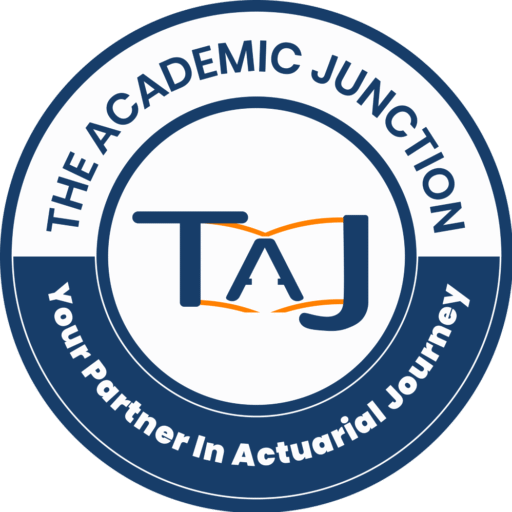
Blog
AI and Automation: Are Actuarial Jobs at Risk or on the Rise?

In recent years, the rapid advancement of artificial intelligence (AI) and automation technologies has sparked concerns about job security across various industries. Actuarial science, known for its reliance on mathematical models and data analysis to assess risk, may seem like a field susceptible to automation. However, the intersection of AI and actuarial work presents a more nuanced picture one that suggests both opportunities and challenges for actuaries.
All About Actuarial Science In 15 Mins
The Impact of AI and Automation on Actuarial Work
AI and automation are reshaping the way actuaries operate, particularly in areas like data processing, risk modeling, and reporting. Tasks that once required significant manual effort can now be automated, improving efficiency and reducing errors. For example, AI can quickly analyze large datasets, allowing actuaries to focus on more complex and strategic tasks.
However, while automation can handle routine calculations, actuarial work is more than just crunching numbers. Actuaries use their expertise to interpret data, evaluate risks, and provide actionable insights to businesses and policymakers. This human element judgment, creativity, and understanding of intricate market dynamics cannot be easily replaced by machines. In fact, as AI handles more routine tasks, actuaries are likely to take on more advisory and strategic roles.
Dynamic Future of Actuarial Science
Emerging Opportunities in the Actuarial Field
Far from eliminating actuarial jobs, AI is creating new opportunities for actuaries who can leverage these technologies to enhance their skill sets. Predictive analytics, machine learning, and big data are becoming integral tools in modern actuarial science. Actuaries who can work with AI-driven models and interpret complex datasets are in high demand, particularly in fields such as insurance, pensions, healthcare, and finance.
Moreover, as risks evolve in areas like cybersecurity, climate change, and global pandemics, the need for skilled actuaries is expected to rise. These emerging risks require actuarial expertise not just in traditional modeling but also in understanding new risk landscapes something that machines alone cannot manage.
The Future of Actuarial Jobs: Rising, Not Falling
The notion that AI will replace actuaries is based on a misunderstanding of the field. While automation may reduce the need for manual data processing, it cannot replace the strategic thinking and complex decision-making that are core to actuarial work. Actuaries who embrace AI and continue to develop their expertise in emerging areas will be well-positioned for the future.
In fact, the World Economic Forum has identified actuarial work as one of the professions that will grow in importance as industries become more data-driven and technology-focused. This suggests that the future is bright for actuaries who can adapt to changing technologies.
The Growing Demand for Actuaries
Conclusion : Preparing Actuaries for a Future with AI
In an increasingly AI-driven world, actuarial professionals must continue to enhance their skill sets and stay updated on technological trends. The Academic Junction, located in Delhi, is at the forefront of actuarial science education, offering a comprehensive curriculum that combines traditional actuarial skills with the latest in AI and data analytics. By providing students with the tools and knowledge needed to thrive in this evolving landscape, The Academic Junction ensures that aspiring actuaries are prepared not just to survive but to excel in the age of automation.
As AI reshapes industries, actuaries who train at institutions like The Academic Junction will be ready to seize new opportunities and navigate the future of risk management with confidence.


